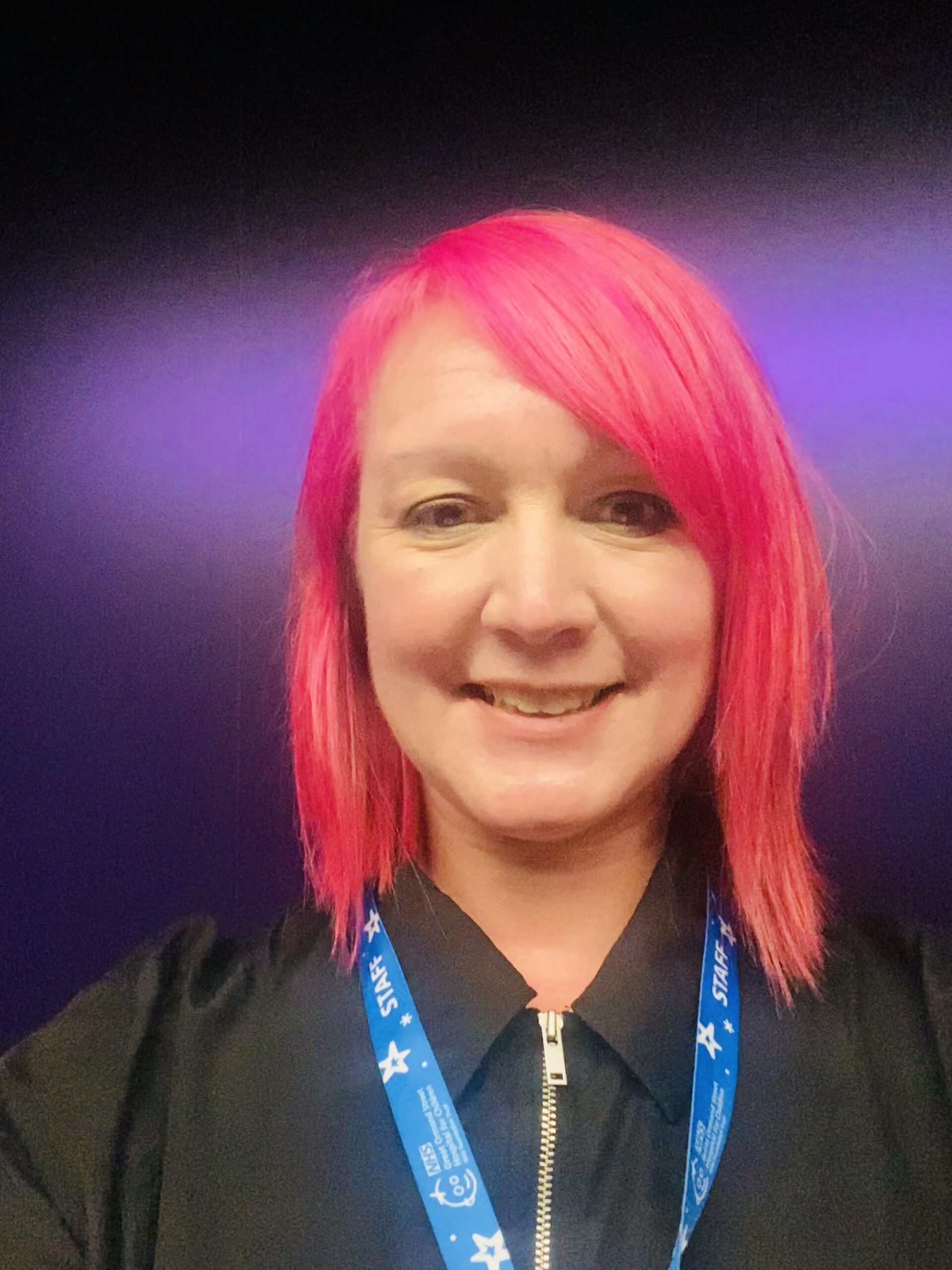- July 29, 2022
- Star Alumni Series
Meet FNF Emerging Leader scholar Lorraine Hodsdon. She is Head of Nursing & Patient Experience for Research and Innovation at Great Ormond Street Hospital and our latest Star Alumna. It’s been a hugely successful few months for Lorraine. Her QI Project, which she completed as part of her scholarship, has recently been shortlisted for a Royal College of Nursing leadership award. What’s more, she’s just been shortlisted for a Nursing Times award too. Here, the nurse leader explains how the scholarship came at just the right time in her career…

“I’ve been at Great Ormond Street Hospital since 2007. I applied for the FNF scholarship at a time when I wasn’t really sure about what the next steps in my career were. I didn’t know what I wanted to do and whether I wanted to stay in research or explore a different aspect of nursing. I had an external reputation in research, but in my organisation they didn’t really know me outside of research. For some people, when they come to do a FNF scholarship, they’ve got their ideas of what they want to do. I didn’t know necessarily what I wanted to do. Also, I’d been on maternity leave and that was really tough because I hadn’t appreciated that you go away for a year, things change and people need to be reminded of your skill set. I wanted to do something different and kind of see where it would lead.
“The best thing I ever did”
The scholarship helped me rebuild my confidence. I found being part of the programme was really beneficial to my professional development and also my personal development. It allowed me the opportunity to explore what’s out there for nursing in loads of different aspects.
Sometimes it really pushed me. As part of the scholarship, we did the two-day RADA programme, which I found terrifying – but I really enjoyed it. I went back to RADA for Women in Executive Leadership Presence training which was absolutely the most terrifying thing. It was four days in total, plus some coaching, and one of the hardest things. If you were to look back at where I was then and where I am now, you would say, ‘Well, that was the best thing you ever did.’ But at the time when I was in it, I found it really challenged me it was tough at times but I’m so glad I participated in the programme.
Developing future leaders
My role allows me to have opportunities. The QI project that I undertook was a real platform for me to develop early career nurses and also showcase my skills and abilities to staff across the organisation which resulted in me being asked to lead broader trust-wide projects. I submitted my QI project for the Royal College of Nursing awards, for the Fellowship programme and it’s been shortlisted. Then I thought, ‘Right, there’s a Nursing Times clinical research nursing award – I’m going to submit something there as well.’ I’ve been shortlisted for that too. It’s an initiative that I developed and wrote a business case for focusing on transitioning clinical research studies back into clinical services. I’ve appointed a nurse on to it who I oversee, now the role is established I see a large part of my role in this is to develop and support her leadership growth.
Beginning a PhD
I don’t want to be a chief nurse, but I want to be influencing at that level. I’ve got clinical research and delivery skills but many of the roles at this level in research require a doctorate. Following the completion of the FNF scholarship I’ve negotiated funding and study leave so that I can undertake doctorate at Middlesex University.
What the scholarship did was highlight that I could do other things that were less research focused but still be in my role and develop myself. It came at a time when I was at a bit of a crossroads. I would say it absolutely takes you out of your comfort zone, but that’s not a bad thing and you never know where it’s going to lead you.”